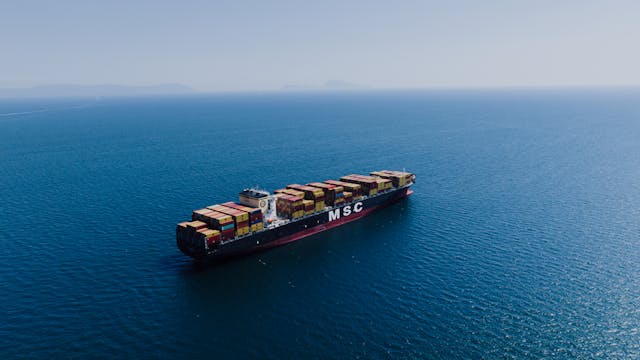Maersk and Hapag-Lloyd are not considering immediate return to Red Sea routes
 2025-01-18
2025-01-18
 26
26
On January 17, 2025, according to Reuters, Maersk and Hapag-Lloyd, the world's two largest shipping giants, stated that they would not immediately resume operations on the Red Sea route in the short term after Hamas announced a ceasefire with Israel. This decision reflects the two companies' cautious attitude towards the security situation in the Middle East.

The Red Sea, located between northeastern Africa and southwestern Asia, is an important waterway connecting the Mediterranean Sea and the Indian Ocean. As a key channel between the Red Sea and the Mediterranean Sea, the Suez Canal is of extremely important strategic significance for global trade. The Quantity of ships passing through the Suez Canal every year is huge, involving a large amount of cargo transportation. Therefore, the stability of the region is directly related to the safety and efficiency of the global supply chain.
Hapag-Lloyd pointed out in June last year that even if a ceasefire agreement is reached, it does not mean that navigation through the Suez Canal will be resumed immediately, because the threat of attacks from Houthi armed forces in Yemen still exists. In this statement, a Hapag-Lloyd spokesman once again emphasized: "The ceasefire agreement has just been reached, and we will pay close attention to the latest developments and their impact on the security situation in the Red Sea." Maersk, on the other hand, made it more clear that it is too early to discuss the specific timetable.
It usually takes 4 to 6 weeks to adjust the route schedule, which includes re-routing, informing customers and ensuring that all relevant logistics links can be connected smoothly. Considering the current complex and ever-changing geopolitical environment, such a preparation period is particularly necessary.
Notably, Houthi leaders have publicly declared that they will continue to take action if Israel does not abide by the ceasefire agreement. This tough stance undoubtedly increases the uncertainty in the region, forcing shipping companies to remain highly vigilant.



















